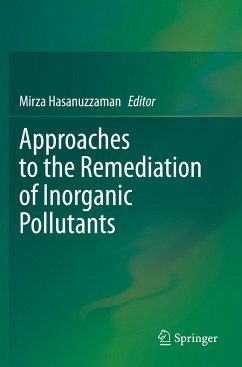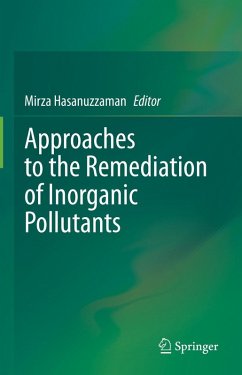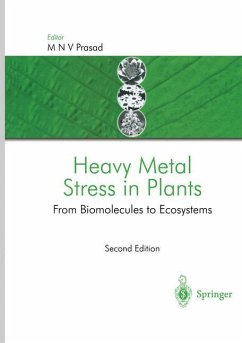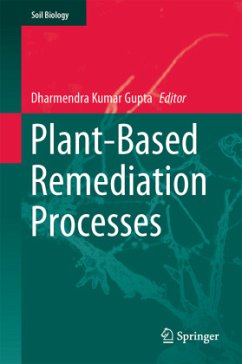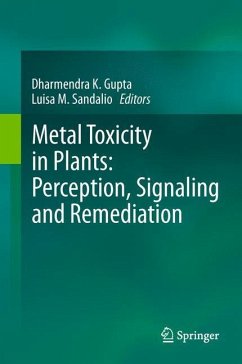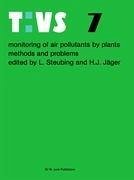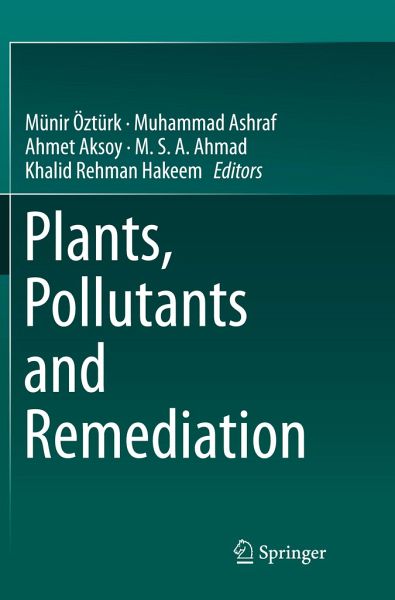
Plants, Pollutants and Remediation
Versandkostenfrei!
Versandfertig in 6-10 Tagen
76,99 €
inkl. MwSt.

PAYBACK Punkte
38 °P sammeln!
In the era of current industrial and civil development, everyone is expressing a deep concern about the problem of environmental pollution. The majority of the global community has a vested interest in supporting and sustaining any move for the protection of environment. In the greater part of the last century it was the fast pace of industrialization, galloping demand for energy and reckless exploitation of natural resources that were mainly responsible for creating the problem of environmental pollution. In the current scenario, high illiteracy rates of the developing nations leads to increa...
In the era of current industrial and civil development, everyone is expressing a deep concern about the problem of environmental pollution. The majority of the global community has a vested interest in supporting and sustaining any move for the protection of environment. In the greater part of the last century it was the fast pace of industrialization, galloping demand for energy and reckless exploitation of natural resources that were mainly responsible for creating the problem of environmental pollution. In the current scenario, high illiteracy rates of the developing nations leads to increasing environmental pollution. When it comes to the hazards of environmental pollution, there is only a very thin dividing line between different countries. One pollutes and the other suffers-there are no eventual winners without significant changes globally. Pollution is posing serious threats to all kinds of diversities on earth in particular plants. The plant world is of vital importance for our planet. It is a worldwide priority aimed at better meeting the needs for food, livelihoods and nature. To meet the food demand of fast-growing population, global food production will have to be doubled. The sustainability of food production depends on the sustainability of plant resources and using tolerant varieties to augment food production.
This volume therefore covers discussions on the recent developments in this connection and the emerging role of plants as indicators, remediation, and such related issues as biodiversity conservation and the effects of on edible plants. It reviews issues concerning the future of plant life. Taking cognizance of this, several experts from different parts of the globe have contributed from their experience and knowledge to the critical issues of "Environmental Pollution," and the "Role of Plants in this connection".
This volume therefore covers discussions on the recent developments in this connection and the emerging role of plants as indicators, remediation, and such related issues as biodiversity conservation and the effects of on edible plants. It reviews issues concerning the future of plant life. Taking cognizance of this, several experts from different parts of the globe have contributed from their experience and knowledge to the critical issues of "Environmental Pollution," and the "Role of Plants in this connection".



